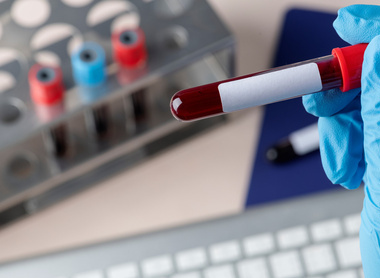Public Health Research Toolkit
Transfusion-Transmitted Infectious Diseases Working Party Surveillance, Risk Assessment & Policy Subgroup (SRAP), 2022
The decision to establish a biobank as a service requires careful consideration. It really depends on how well a biobank fits as a service within the blood facility’s infrastructure and culture.
Below is a list of considerations for the development of a biobank. See also the Management and Governance of a Plasma Biobank Framework page for further considerations.
The degree of personal identifiers that are included
Normally samples/data are anonymized but are linked to a donor ID/code

Transfusion-Transmitted Infectious Diseases Working Party Surveillance, Risk Assessment & Policy Subgroup (SRAP), 2022